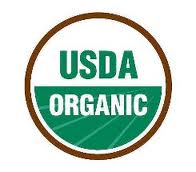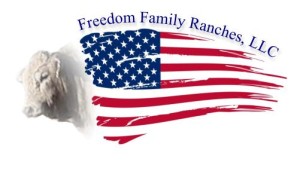
Sustainable Agriculture in 2010, where there is almost 6.8 billion people living on the face of the earth, commands your attention. World population was quickly on its way to 9 billion by the year 2050. To feed all those mouths, farmers till a little over 21 billion acres worldwide. That seems like a lot, but that land is actually only 3 percent of the world’s surface.
To feed all those people, farmers in the 20th century turned to high-tech agriculture. But in the first decade of the 21st century, some farmers and researchers were wondering whether our high-tech system could be sustained over the long term. There were some obvious future challenges, but little agreement on how we should meet the challenges.
Historians have documented how ancient civilizations died because they could not sustain their agricultural systems. For instance, prehistoric city-states in Mesopotamia (now Iraq) saw successive buildups and failures as the irrigation systems around Baghdad failed.
Modern irrigation problems were just one of the challenges to sustaining today’s agricultural systems –
Do we now start to realize the problem here? In today’s challenges the sustainability and the production of food sources have become a top issue with a lot of people. The question is, “What can we do about it?” Myself I have to admit that buying organic or natural food is a struggle for me because of the cost. Let’s face it, if the price was brought down the average person would certainly look for the healthier choices. Now, what we do about the issue here is certainly going to be price driven. As individuals you can support sustainable agriculture by your power as a voice to speak out and support our nations leaders that are supporting the natural and organic products and producers we use. I personally have developed a project for sustainable agriculture that includes natural and organic beef. Please take a look at our website at www.freedomranches.com.
Here is a concept that might become a norm for the future…
Community Supported Agriculture. One approach to sustainability are CSAs. They have become a popular way for consumers to buy local, seasonal food directly from a farmer. Here are the basics: a farmer offers a certain number of “shares” to the public. Each share gives each member a box of vegetables or other farm products each week. The advantage to the farmer is that they get to market shares during the winter and they get their money up front, helping cash flow. The consumers get ultra fresh food – food that in some CSAs they pick themselves. They also get to know the farmer and the types of produce that grow in their area.
CSAs are more sustainable because they cut down on huge transportation costs that endemic in our large farm economy.
Just as we know that some high-tech agricultural practices are unsustainable, we also know that we don’t yet have all the answers. Sustainable agriculture will be a hot topic for researchers and farmers for the foreseeable future. (information from Living History Farm).
Hope you remember to shop natural and organic when you can if not keep the idea in the forefront of your discussions.
